New York City has enacted a new regulation requiring pizzerias and matzah bakeries to reduce their smoky emissions by 75%.
This measure targets older establishments using wood- and coal-fired stoves. “You are going after pizza? Glorious New York pizza?” Mike Dabin expressed his dismay in a comment to the city’s Department of Environmental Protection (DEP).
Substantial Investments for Environmental Compliance
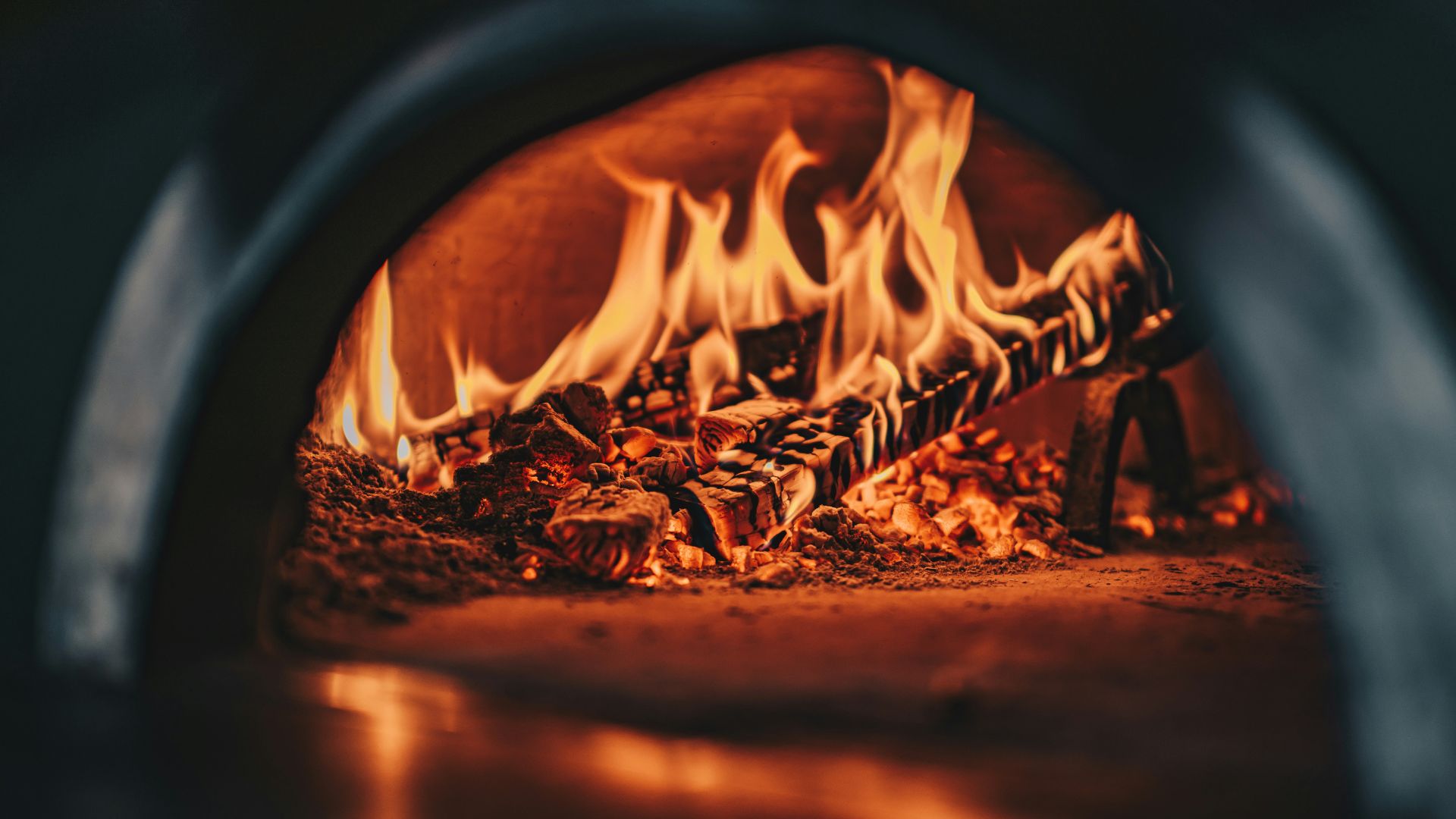
To comply with the new rule taking effect on April 27, some businesses have already invested heavily in smoke-reduction systems.
The costs are significant, with figures reaching over $600,000 for certain establishments. These investments are essential for meeting the city’s mandated environmental standards.
Concerns Over the Impact on Traditional Pizza Making
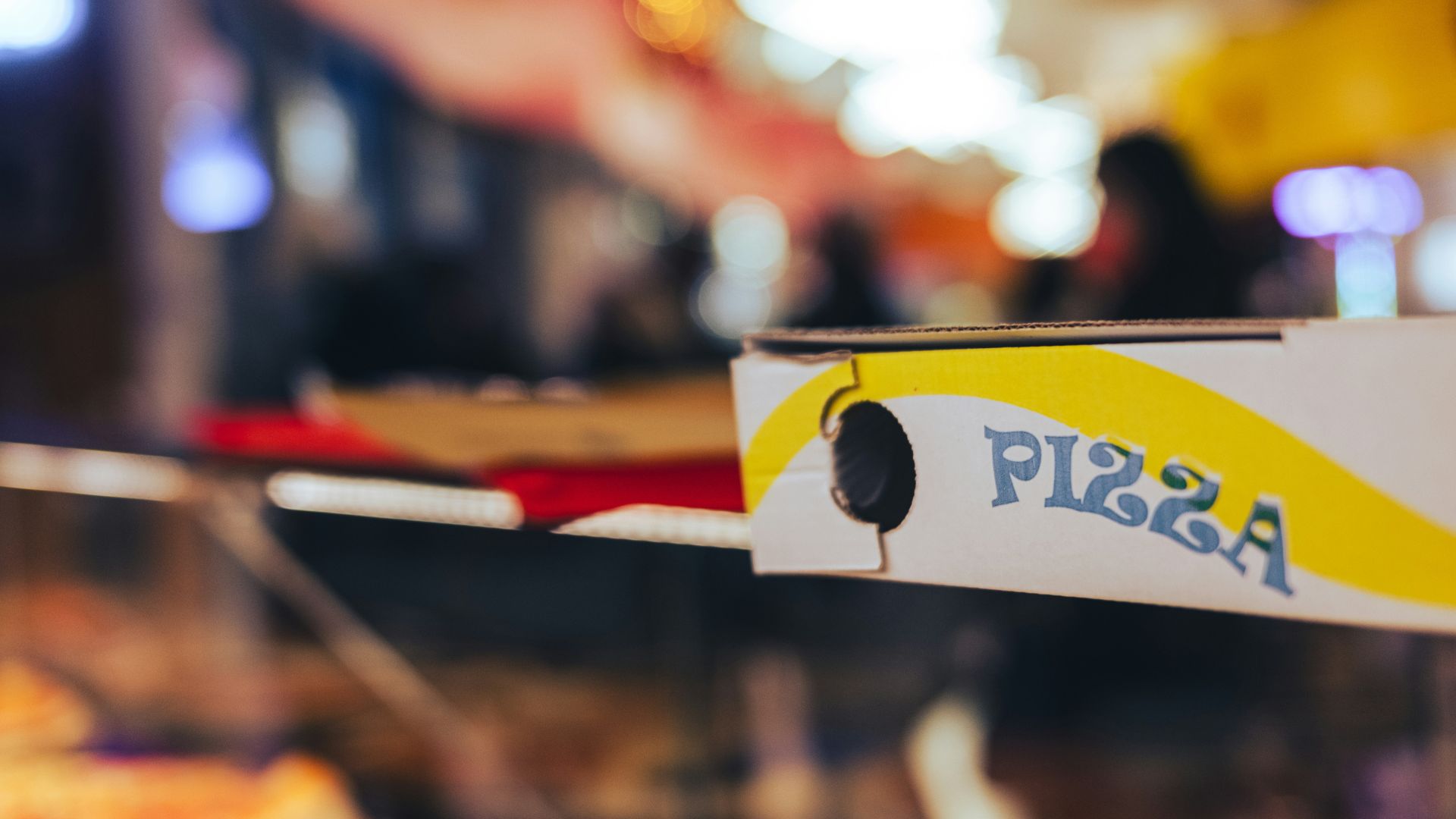
There is widespread concern among pizza enthusiasts and business owners regarding the potential impact of these regulations.
Last summer, when the proposal was made public, many worried that the financial burden of compliance could threaten the survival of cherished pizzerias or alter the traditional flavor of their pizzas.
High-Profile Reactions to NYC’s New Emission Rules

Last year, Elon Musk criticized the proposed regulations targeting eateries with coal- and wood-fired ovens, including NYC’s renowned pizzerias and bagel shops.
Nassau County Executive Bruce Blakeman also voiced strong opposition, emphasizing the cultural significance of these foods: “You don’t mess with a New Yorker’s Pizza or Bagels. Period.”
The Mayor’s Office Defends the New Mandate
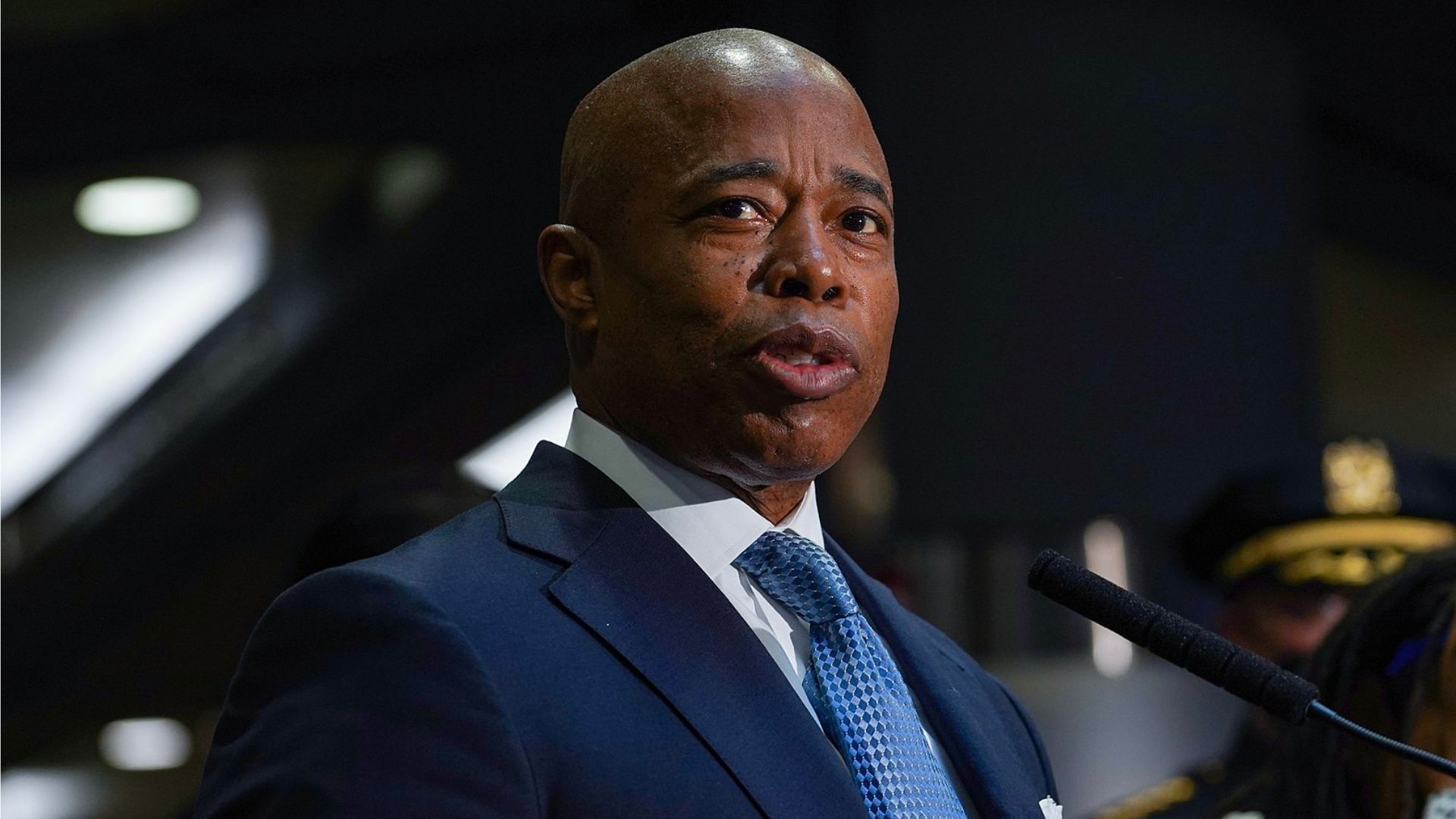
Mayor Eric Adams and his administration support the mandate, emphasizing its health benefits for New Yorkers.
“The scientific evidence is clear that reducing emissions of fine particulate matter will improve the health of New Yorkers,” said DEP representative Edward Timbers, reassuring that pizza taste would remain unaffected.
Global Precedents: Naples’ Approach to Pizza Oven Pollution
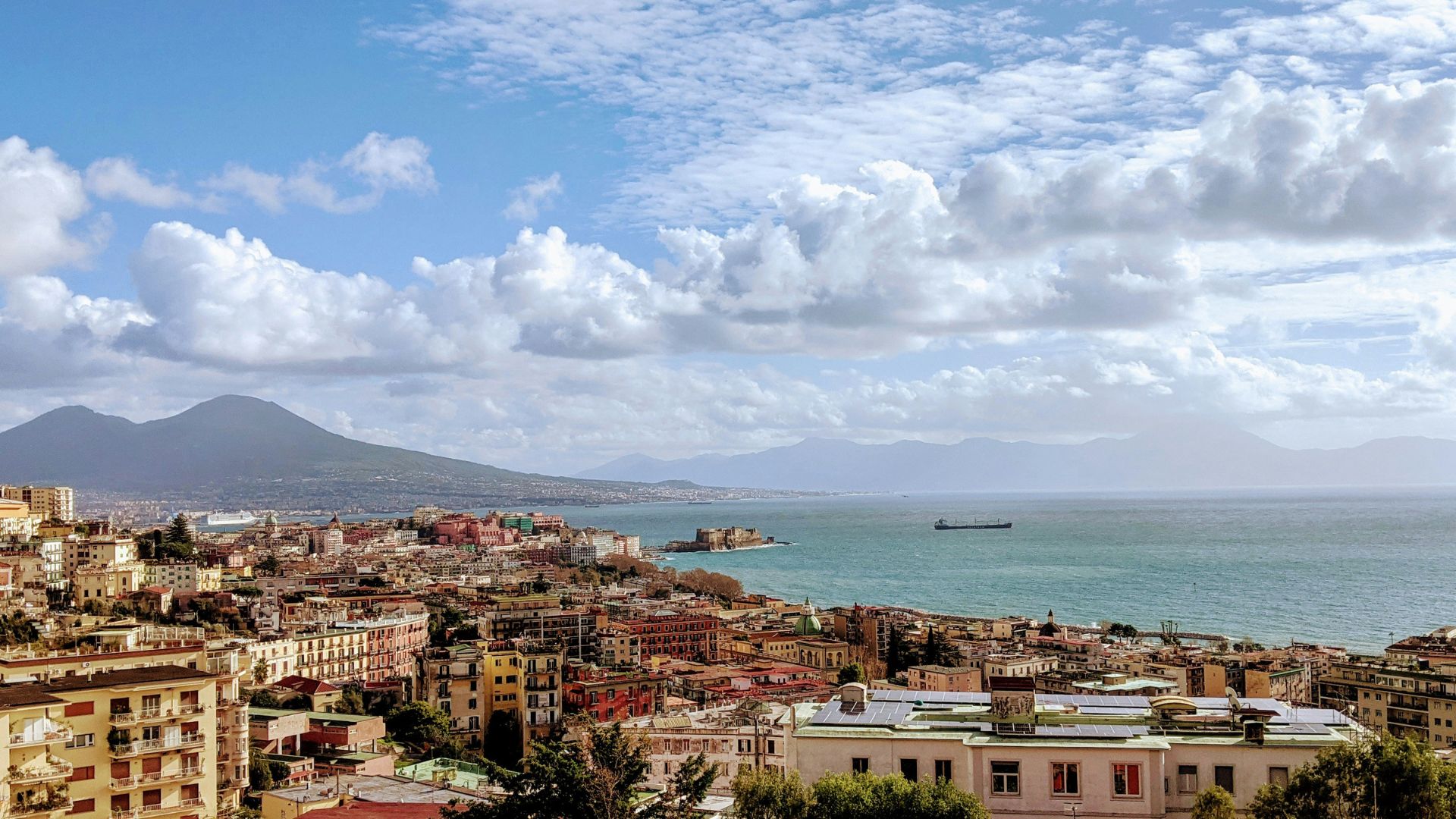
The debate over emissions from pizza ovens isn’t unique to NYC. Back in 2015, near Naples, Italy—where wood-fired pizzas are protected by the EU—measures were taken to combat pollution.
The mayor of San Vitaliano enforced a ban on pizza ovens to tackle the area’s pollution crisis. Local police were tasked with inspecting pizzerias and bakeries, fining those without proper emissions filters over €1,000 to ensure compliance with the new environmental standards.
Criticism of the Regulation’s Impact on Small Businesses
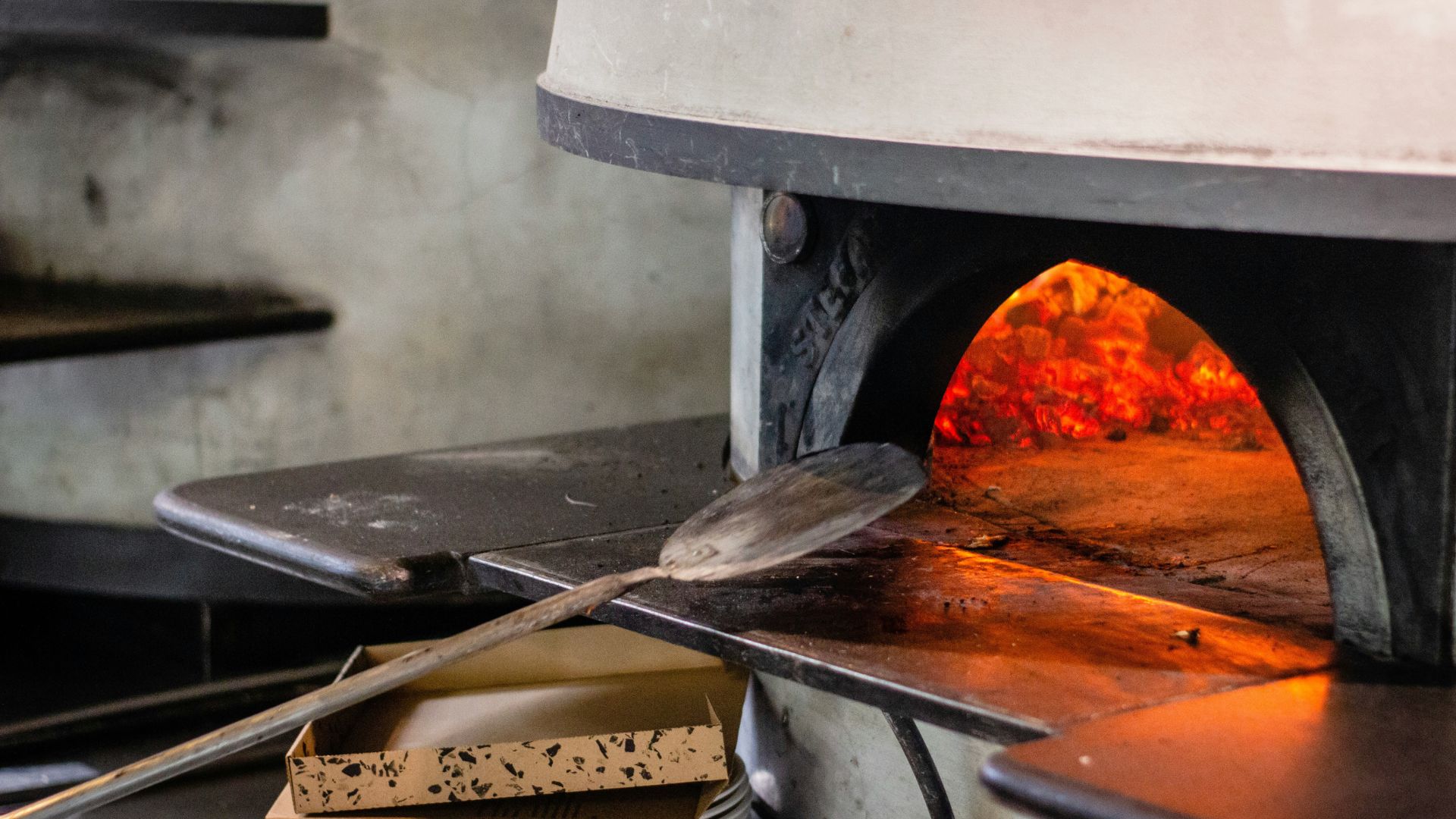
Many critics, including Marc Hellman, argue that the regulation places an undue burden on small businesses.
Hellman believes that if the government is serious about improving air quality, it should provide the necessary equipment to businesses at no cost, instead of imposing financial burdens.
The Cost of Compliance in Historic Venues
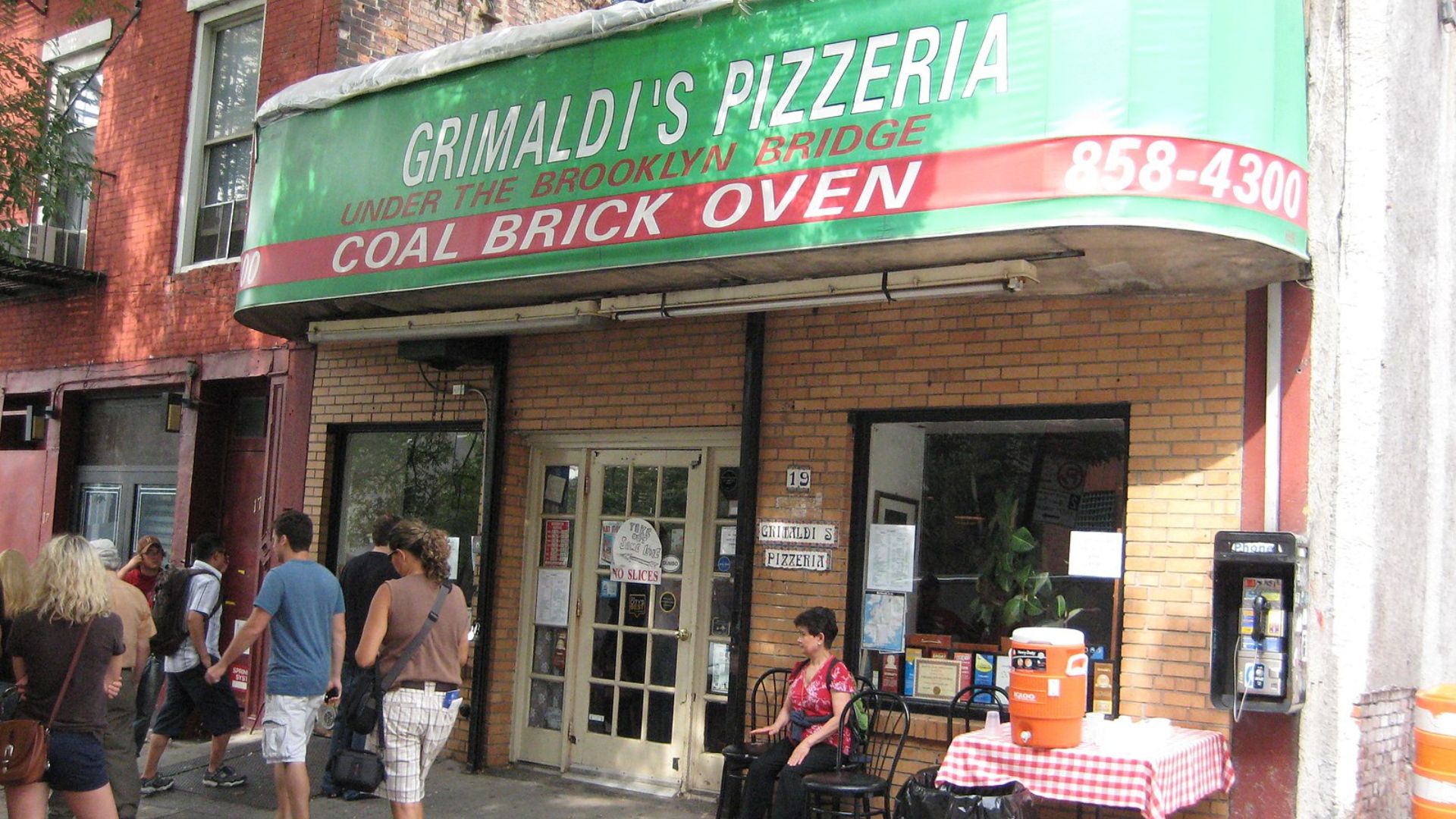
For Grimaldi’s Pizza, adapting to the new rule has been particularly costly, amounting to $50,000 due to the need to preserve the building’s integrity.
“We have to do it. We can’t cook pizza any other way,” explained co-owner Anthony Piscina to the New York Post.
Proactive Measures by Paulie Gee’s
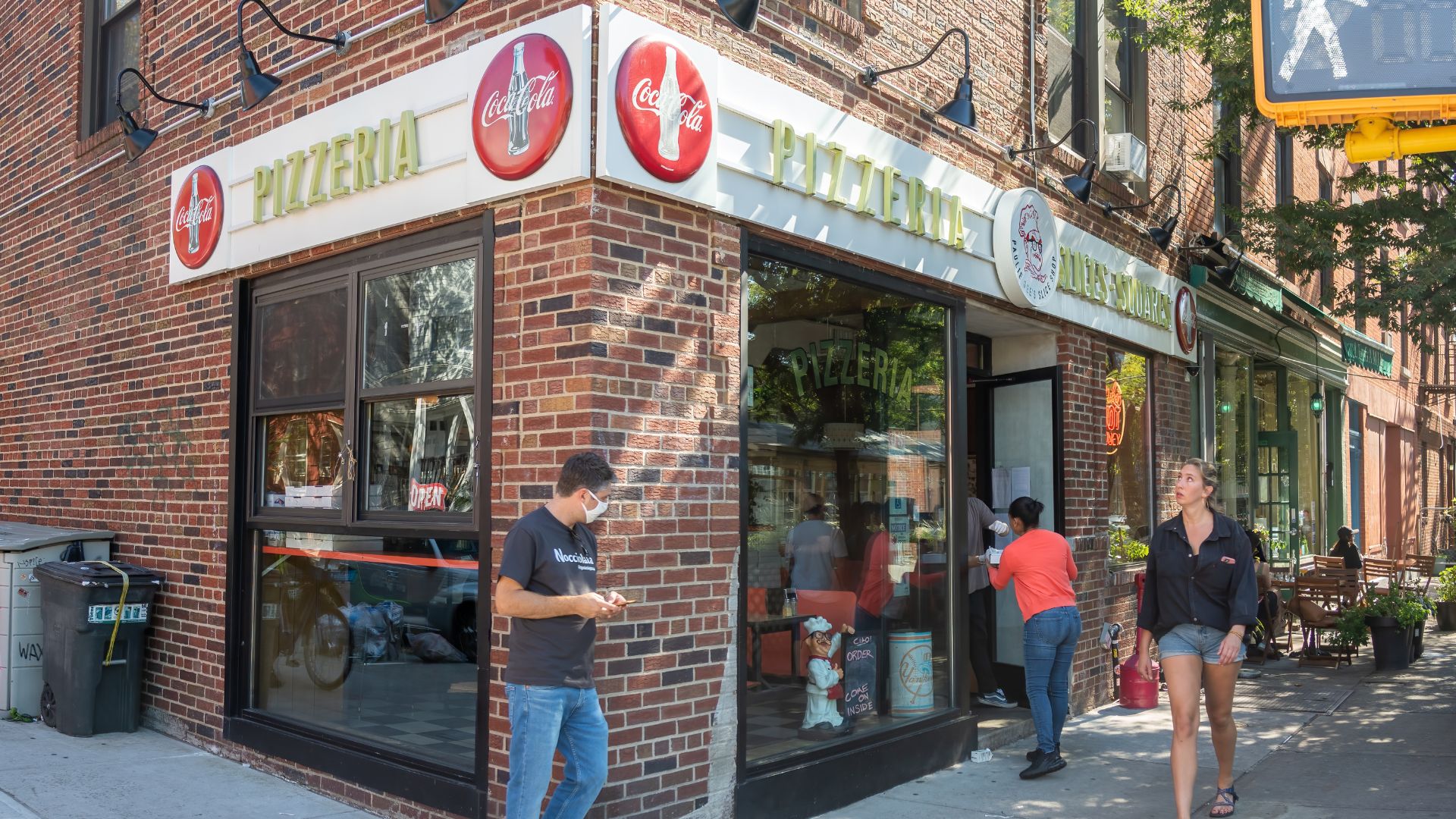
Before the pandemic and the formal introduction of the rule, Paulie Gee’s proactively installed a smoke-reduction system after a neighbor complained about the smoke.
Owner Paul Giannone acknowledged the necessity of balancing public health concerns with maintaining the quality and tradition of their pizza.
Significant Investments by John’s of Bleecker Street
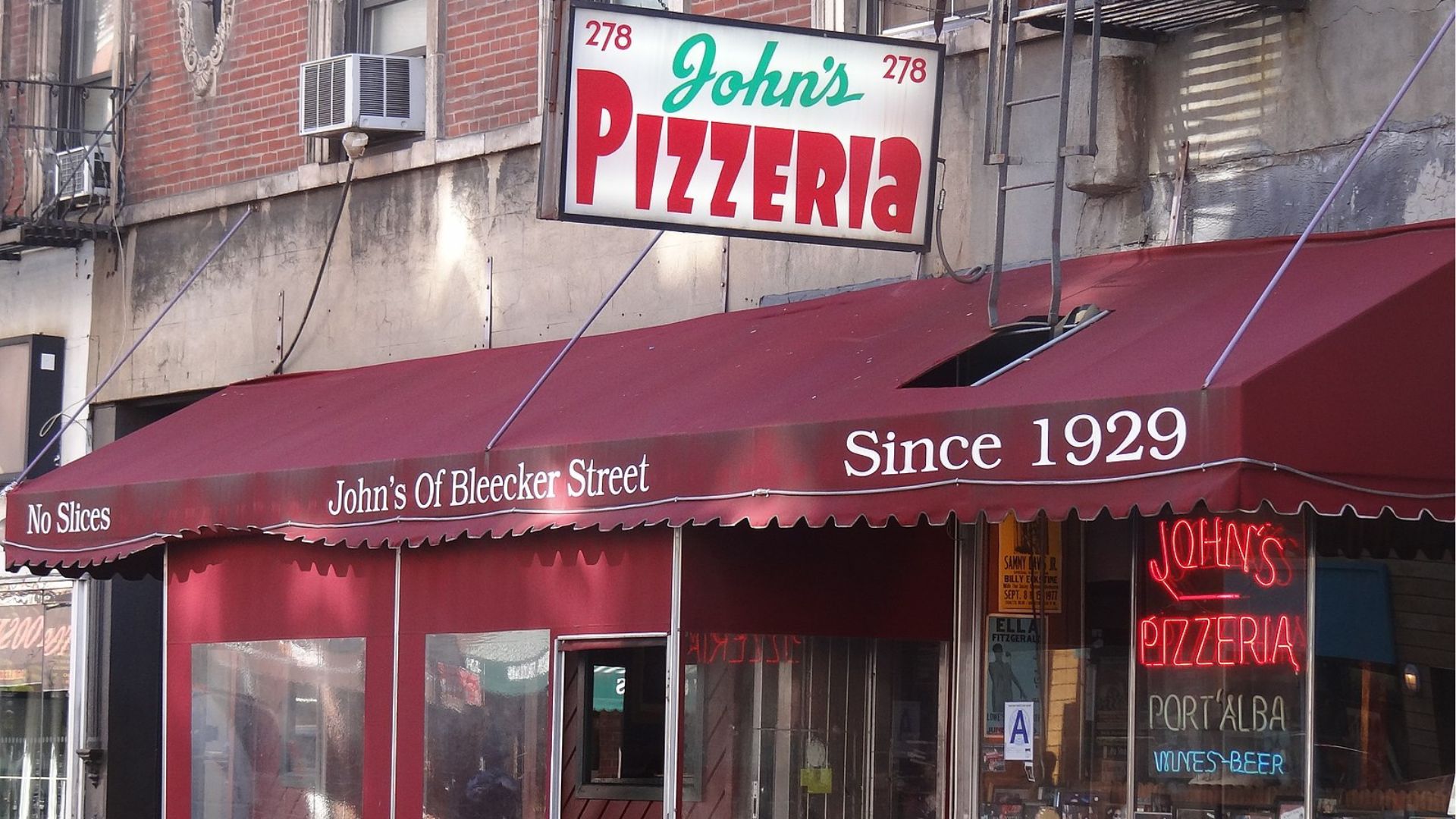
John’s of Bleecker Street, renowned for its coal-fired pizzas, has spent over $100,000 on a smoke-reduction system to comply with the city’s regulations.
The establishment is committed to adhering to the new standards while preserving the taste of their famous pizzas.
Matzah Bakeries Also Facing New Challenges

The new regulations impact not only pizzerias but also matzah bakeries.
The Satmar Broadway Matzah Bakery, for instance, has already invested heavily in filtration systems. Despite the financial burden, they aim to continue their traditional baking methods without compromising on their religious and cultural practices.
DEP’s Stance on Air Quality and Public Health
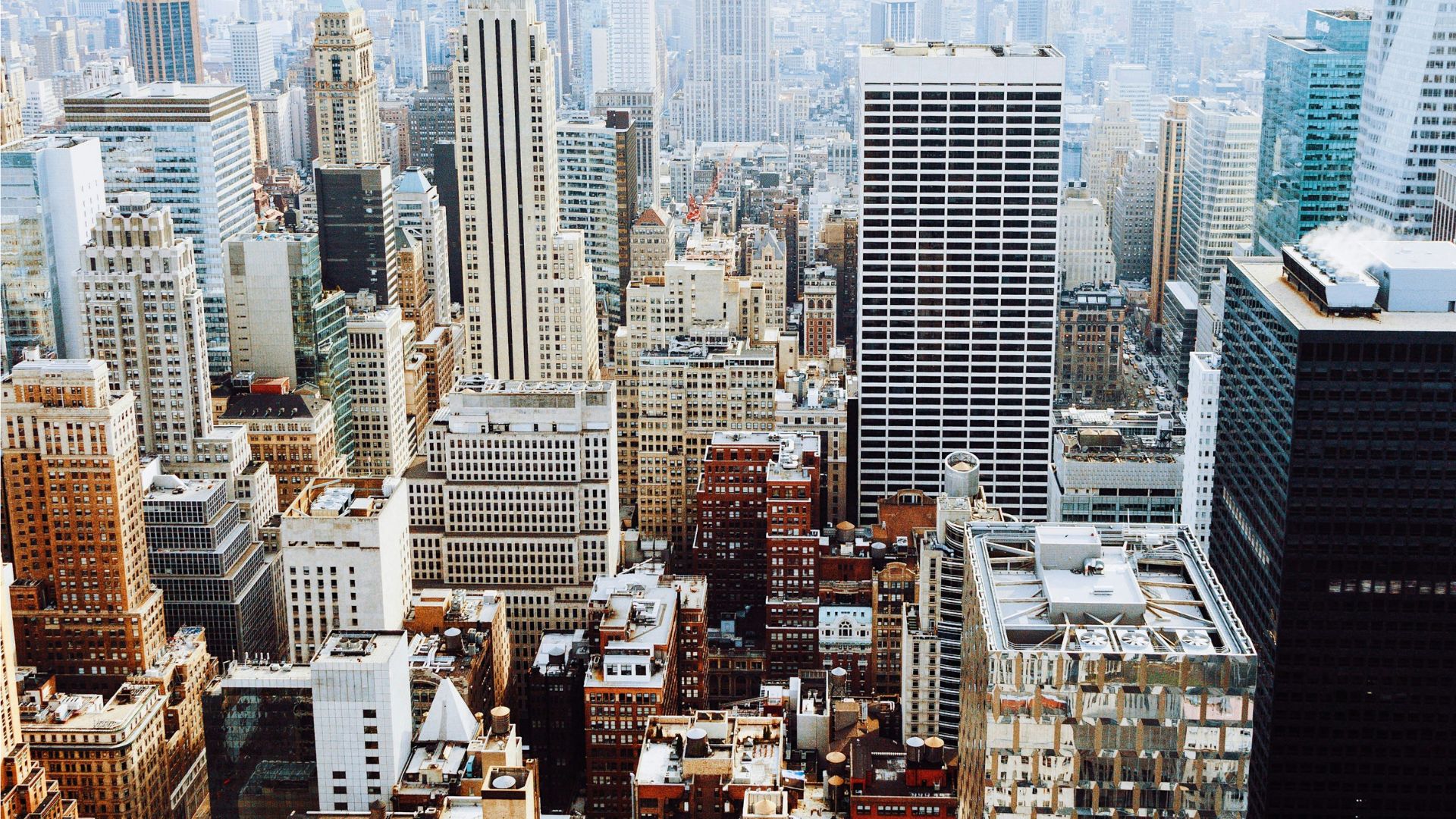
Despite receiving backlash for the new rule, The Department of Environmental Protection stressed its commitment to public health.
“All New Yorkers deserve to breathe healthy air and wood- and coal-fired stoves are among the largest contributors of harmful pollutants in neighborhoods with poor air quality,” stated the DEP.
